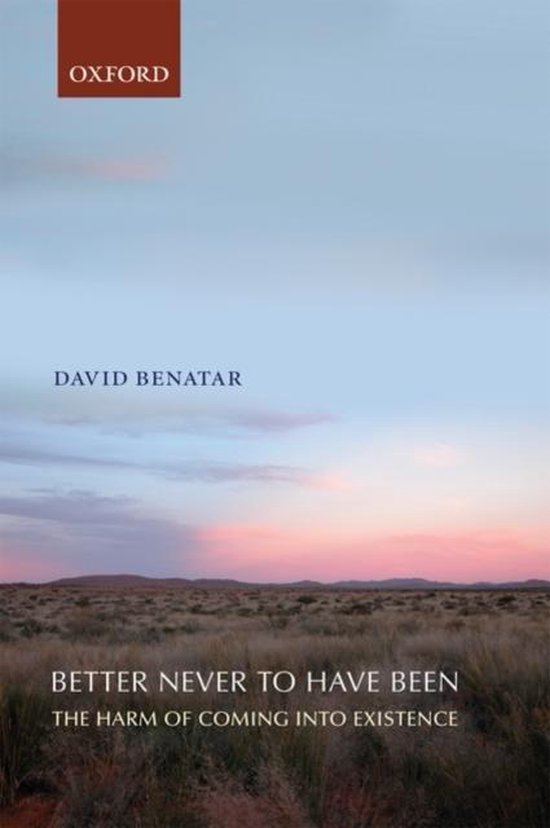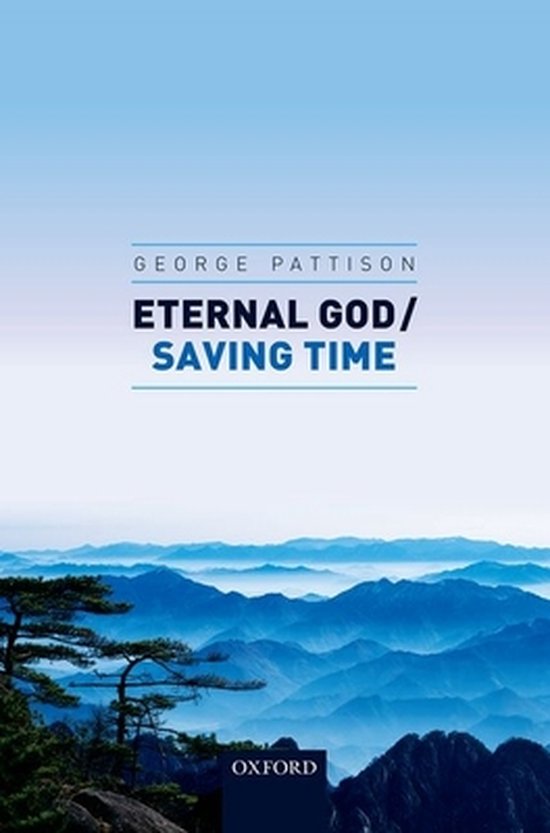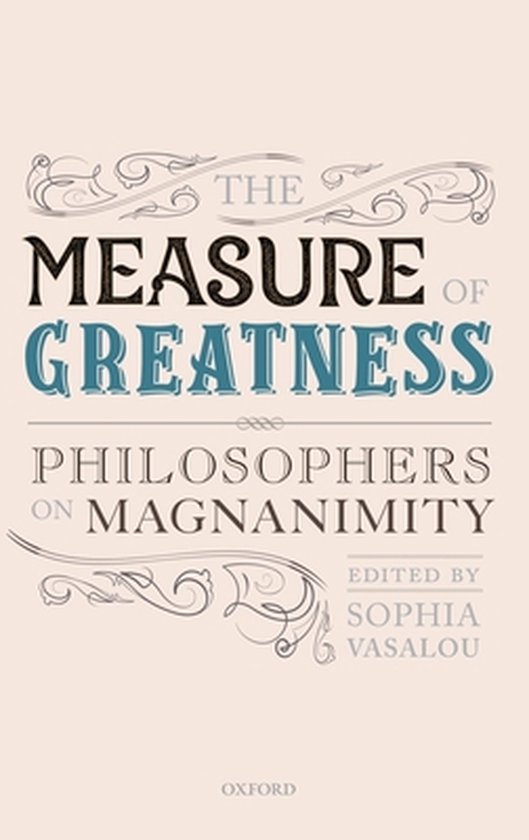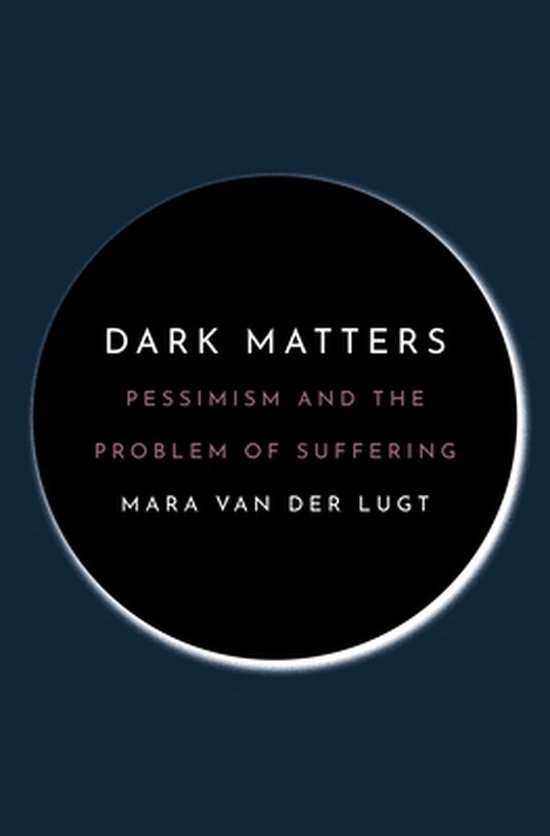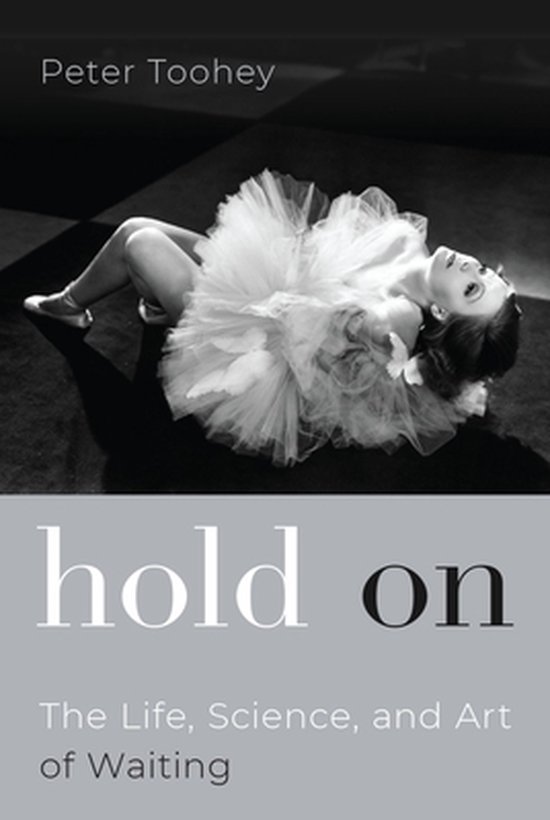
Hold On
What do you do when you're not asleep and not eating? You're most likely waiting - to finish work, to get home, to finish your duties. This book aims to describe how many people experience waiting and how important this is, in popular and highbrow culture and in real life and how we cope with it.
What do you do when you're not asleep and when you're not eating? You're most likely waiting--to finish work, to get home, or maybe even to be seen by your doctor. Hold On is less about how to manage all that "staying where one is until a particular time or event" (OED) than it is about describing how we experience waiting. Waiting can embrace things like hesitation and curiosity, dithering and procrastination, hunting and being hunted, fearing and being feared, dread and illness, courting and parenting, anticipation and excitement, curiosity, listening to and even performing music, being religious, being happy or unhappy, being bored and being boring. They're all explored here. Waiting is also characterized by brain chemicals such as serotonin and dopamine. They can radically alter the way we register the passing of time. Waiting is also the experience that may characterize most interpersonal relations--mismanage it at your own risk. Hold On contains advice on how to cope with waiting-how to live better-but its main aim is to show how important the experience of waiting is, in popular and highbrow culture, and, sometimes, in history. Detouring into psychology, neurology, ethology, philosophy, film, literature, and especially art, Peter Toohey's illuminates in unexpected ways one of the most common of human experiences. After reading his book, you'll never wait the same way again.
What do you do when you're not asleep and when you're not eating? You're most likely waiting--to finish work, to get home, or maybe even to be seen by your doctor. Hold On is less about how to manage all that "staying where one is until a particular time or event" (OED) than it is about describing how we experience waiting. Waiting can embrace things like hesitation and curiosity, dithering and procrastination, hunting and being hunted, fearing and being feared, dread and illness, courting and parenting, anticipation and excitement, curiosity, listening to and even performing music, being religious, being happy or unhappy, being bored and being boring. They're all explored here. Waiting is also characterized by brain chemicals such as serotonin and dopamine. They can radically alter the way we register the passing of time. Waiting is also the experience that may characterize most interpersonal relations--mismanage it at your own risk. Hold On contains advice on how to cope with waiting-how to live better-but its main aim is to show how important the experience of waiting is, in popular and highbrow culture, and, sometimes, in history. Detouring into psychology, neurology, ethology, philosophy, film, literature, and especially art, Peter Toohey's illuminates in unexpected ways one of the most common of human experiences. After reading his book, you'll never wait the same way again.
| Auteur | | Peter Toohey |
| Taal | | Engels |
| Type | | Hardcover |
| Categorie | | Mens & Maatschappij |
